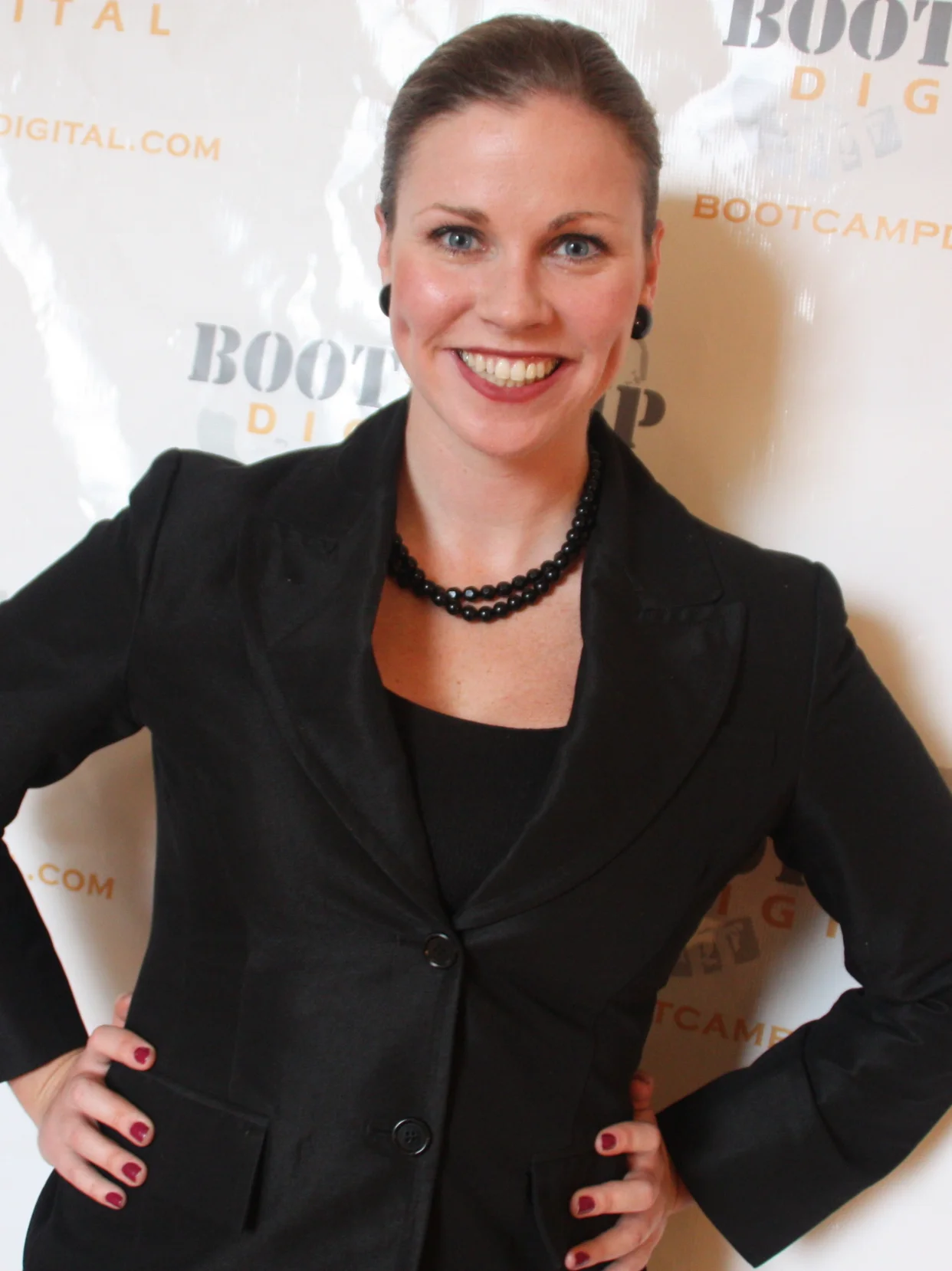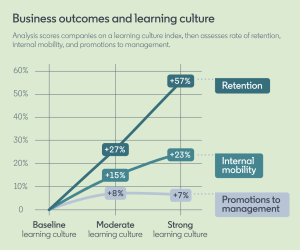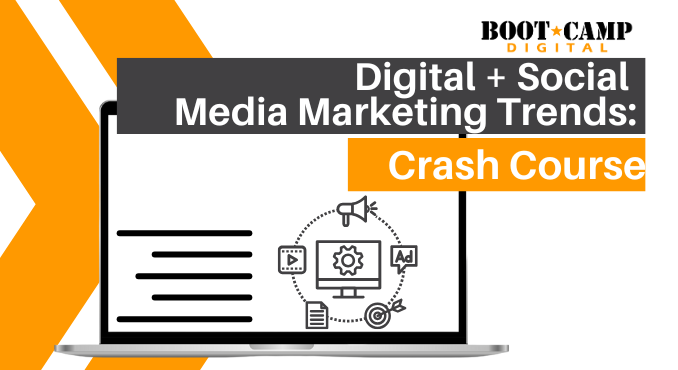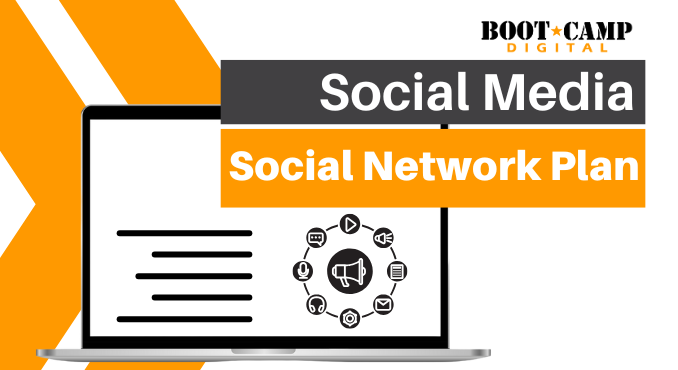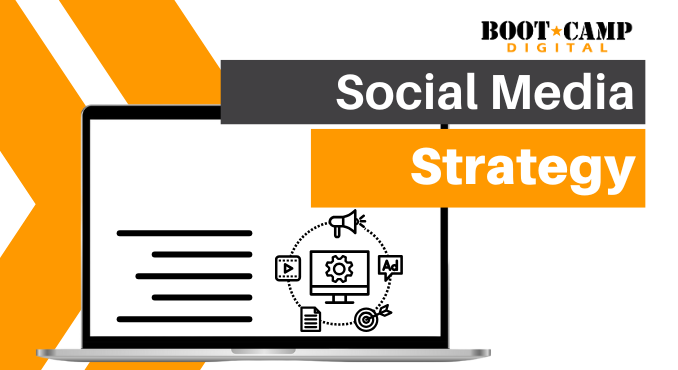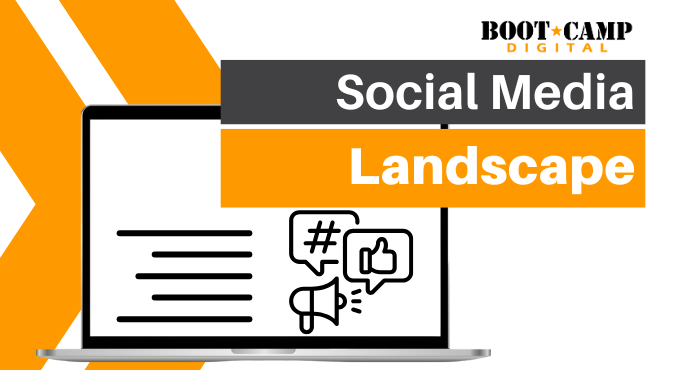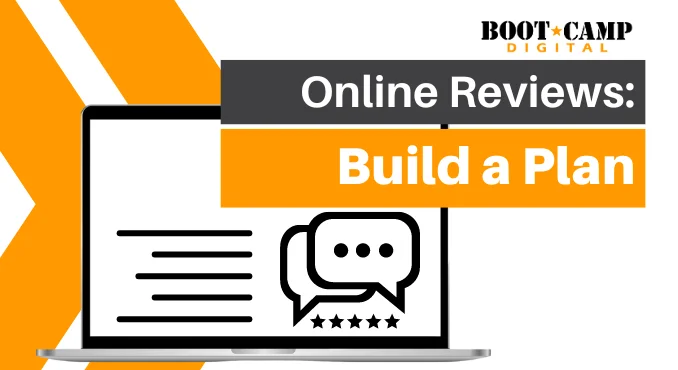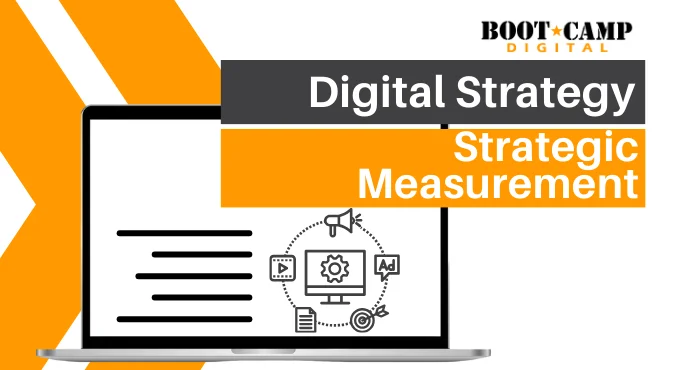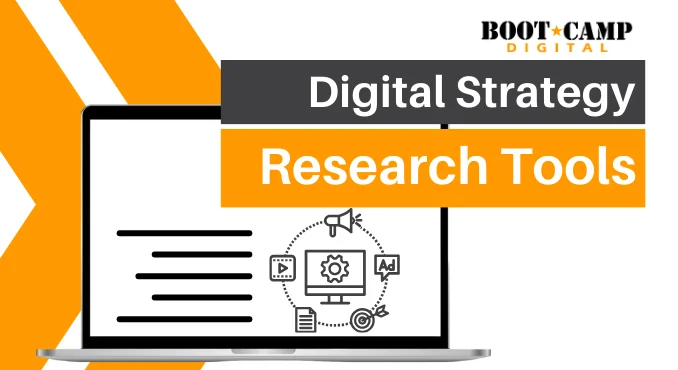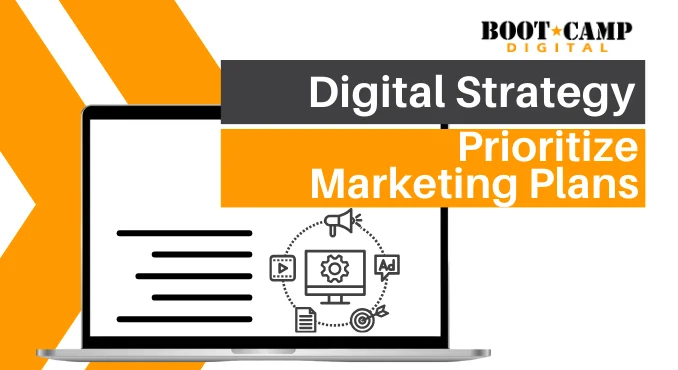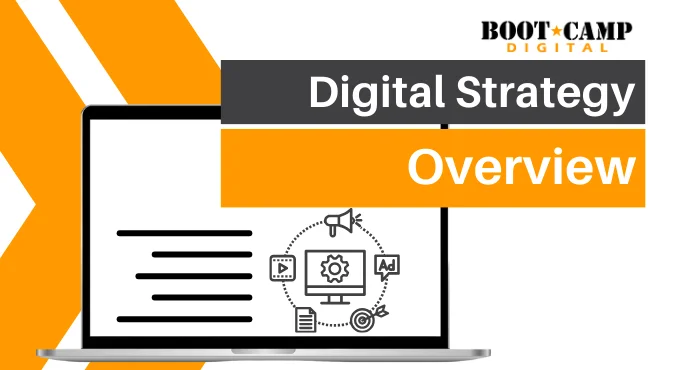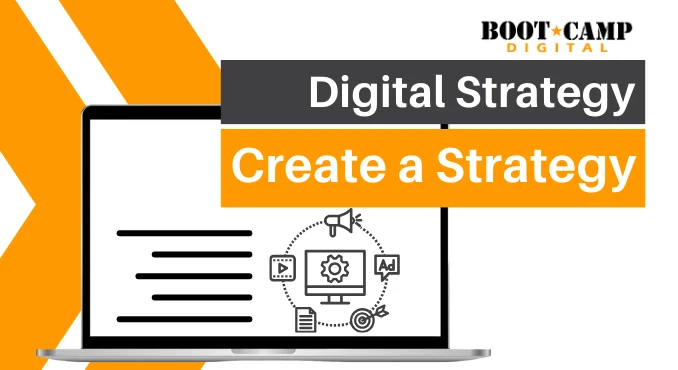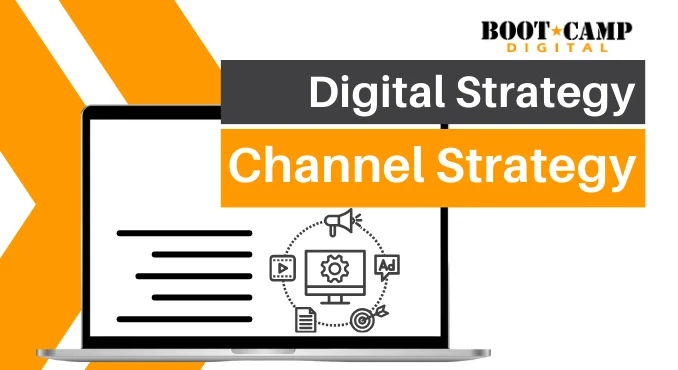Social media isn’t going away, and it doesn’t work like other channels. You can’t simply hire agencies and rely on social media executional excellence. Smart marketers are enhancing their skills with education and training in social media to increase their effectiveness and marketability.
Here are 4 reasons why all marketers need to better understand social media:
1) More and More Marketing Dollars will Go To Social Media
Social media is continuing to dominate time and attention. More people check Facebook each day than listen to the radio or read a newspaper. 20% of online time is spent on social media, not to mention that social also dominates mobile time. The point is that as time shifts to social media, so do marketing dollars. This means that you can’t afford to ignore it. Social is big and here to stay. Get used to it.
2) You need to understand it to do your job.
Whether you work for a big brand, an agency or a small business you can’t afford not to understand social media. A basic understanding of social media is required for you to effectively do your job. Knowing how things like SEO (search engine optimization), visual content, paid search, paid social and more work individually and together is important to making smart choices. You’ll get pitched more and more ideas from your agency, startups and other vendors and really understanding how social media works (even if you don’t want to use it) is vital to making smart choices.
3) It is more complex than the marketing channels you are used to.
Social media is more complicated than traditional channels, which means you need to really consider what you want to do and why. Traditional advertising is centuries old, and we have well-established approaches, best practices and metrics for these channels. They are also relatively stagnant.
Social media on the other hand is new and constantly changing and evolving. New opportunities emerge regularly, and you need to at least understand them to be effective. You don’t have to be a pro, but you do have to have a solid understanding of what things work, why they are effective and how brands can play.
4) It should be integrated upfront with EVERYTHING you do
Consumers don’t have a single-channel relationship with your business. They interact seamlessly through digital and traditional channels. Social should be connecting experiences with your product, in your store, with your sales team or at events. It isn’t a stand-alone or independent idea, and simply posting about a traditional or real-world event isn’t integration. Integration means creating experiences that connect across the mediums that your audience participates in is vital. Disconnected teams don’t work anymore.



